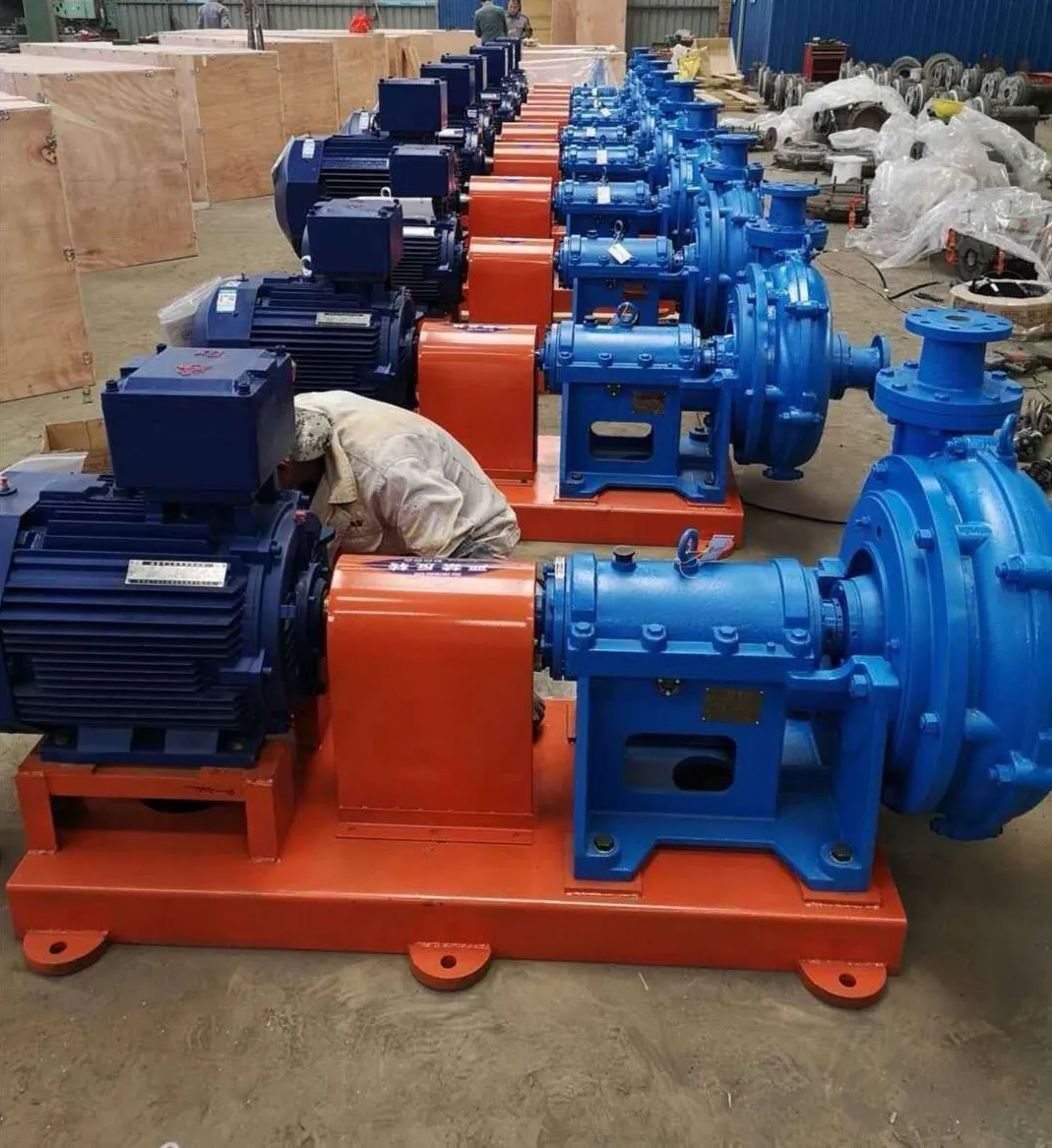Czech
- Afrikaans
- Albanian
- Amharic
- Arabic
- Armenian
- Azerbaijani
- Basque
- Belarusian
- Bengali
- Bosnian
- Bulgarian
- Catalan
- Cebuano
- Corsican
- Croatian
- Czech
- Danish
- Dutch
- English
- Esperanto
- Estonian
- Finnish
- French
- Frisian
- Galician
- Georgian
- German
- Greek
- Gujarati
- Haitian Creole
- hausa
- hawaiian
- Hebrew
- Hindi
- Miao
- Hungarian
- Icelandic
- igbo
- Indonesian
- irish
- Italian
- Japanese
- Javanese
- Kannada
- kazakh
- Khmer
- Rwandese
- Korean
- Kurdish
- Kyrgyz
- Lao
- Latin
- Latvian
- Lithuanian
- Luxembourgish
- Macedonian
- Malgashi
- Malay
- Malayalam
- Maltese
- Maori
- Marathi
- Mongolian
- Myanmar
- Nepali
- Norwegian
- Norwegian
- Occitan
- Pashto
- Persian
- Polish
- Portuguese
- Punjabi
- Romanian
- Russian
- Samoan
- Scottish Gaelic
- Serbian
- Sesotho
- Shona
- Sindhi
- Sinhala
- Slovak
- Slovenian
- Somali
- Spanish
- Sundanese
- Swahili
- Swedish
- Tagalog
- Tajik
- Tamil
- Tatar
- Telugu
- Thai
- Turkish
- Turkmen
- Ukrainian
- Urdu
- Uighur
- Uzbek
- Vietnamese
- Welsh
- Bantu
- Yiddish
- Yoruba
- Zulu
Telephone: +86 13120555503
Email: frank@cypump.com
Zář . 05, 2024 12:46 Back to list
septic tank water pump
Understanding Septic Tank Water Pumps A Comprehensive Guide
Septic systems are essential for responsible waste management in areas not connected to public sewage systems. A critical component of this setup is the septic tank water pump, which plays a vital role in maintaining the efficiency and longevity of the system. This article explores the function, types, and maintenance of septic tank water pumps, along with tips for selecting the right one for your needs.
What is a Septic Tank Water Pump?
A septic tank water pump, also known as a sewage pump or effluent pump, is responsible for transferring wastewater from the septic tank to the drain field or leach field. This process ensures that waste is properly treated and that the sewage system continues to function effectively. The pump is particularly important in systems where the drain field is located at a higher elevation than the septic tank, as gravity alone cannot facilitate the movement of wastewater.
Types of Septic Tank Water Pumps
There are several types of pumps designed specifically for septic systems
1. Effluent Pumps These pumps are used to move treated wastewater from the septic tank to the drain field. They handle smaller solids and are designed for continuous or intermittent use.
2. Sewage Pumps These are designed to handle larger solids and are typically used in more complex septic systems, such as those involving a grinder pump that breaks down waste before moving it.
3. Lift Pumps These are used when wastewater needs to be raised to a higher elevation, usually when the drain field is located above the septic tank.
4. Macerating Pumps These pumps grind waste into smaller particles before pumping it, ensuring that even tough waste items can be managed efficiently.
Maintenance of Septic Tank Water Pumps
septic tank water pump

Proper maintenance is crucial for any septic system, particularly for the water pump. Regular inspections can help prevent costly repairs or replacements. Here are some maintenance tips
1. Routine Checks Inspect the pump regularly for any signs of wear, damage, or rust. Ensure that the electrical connections are secure and free from corrosion.
2. Clog Prevention Avoid flushing non-biodegradable items or excessive amounts of toilet paper down the toilet. This not only protects your pump but also your entire septic system.
3. Regular Pumping Schedule regular pumping of your septic tank—typically every 3 to 5 years. This process removes sludge and scum buildup, helping the pump function efficiently.
4. Professional Inspections Consider hiring a professional to inspect your septic system and pump annually. They can diagnose potential issues before they become major problems.
Choosing the Right Septic Tank Water Pump
When selecting a septic tank water pump, consider the following factors
1. Pump Capacity Ensure the pump has the capacity to handle the flow rate of your household's wastewater, factoring in peak usage periods.
2. Type of Waste Choose a pump based on the type of solids it needs to handle. For standard residential use, an effluent pump may suffice, while a sewage pump might be necessary for more robust waste.
3. Material and Durability Look for pumps made from high-quality materials that can withstand the harsh conditions within a septic system.
In conclusion, septic tank water pumps are crucial for efficient wastewater treatment and management. By understanding their function, types, and maintenance needs, homeowners can ensure a reliable and effective septic system, ultimately protecting the environment and their investment.
-
ISG Series Vertical Pipeline Pump- Chi Yuan Pumps Co., LTD.|High Efficiency&Compact Design
NewsAug.02,2025
-
Heavy-Duty Mining Sludge Pumps - Wear-Resistant Slurry Handling
NewsAug.02,2025
-
Horizontal Split Case Pump with GPT-4 Turbo | High Efficiency
NewsAug.01,2025
-
ISG Series Pipeline Pump - Chi Yuan Pumps | High Efficiency, Durable Design
NewsAug.01,2025
-
Advanced Flue Gas Desulfurization Pump with GPT-4 Turbo | Durable & Efficient
NewsJul.31,2025
-
ISG Series Vertical Pipeline Pump - Chi Yuan Pumps | Advanced Hydraulic Design&Durable Construction
NewsJul.31,2025










